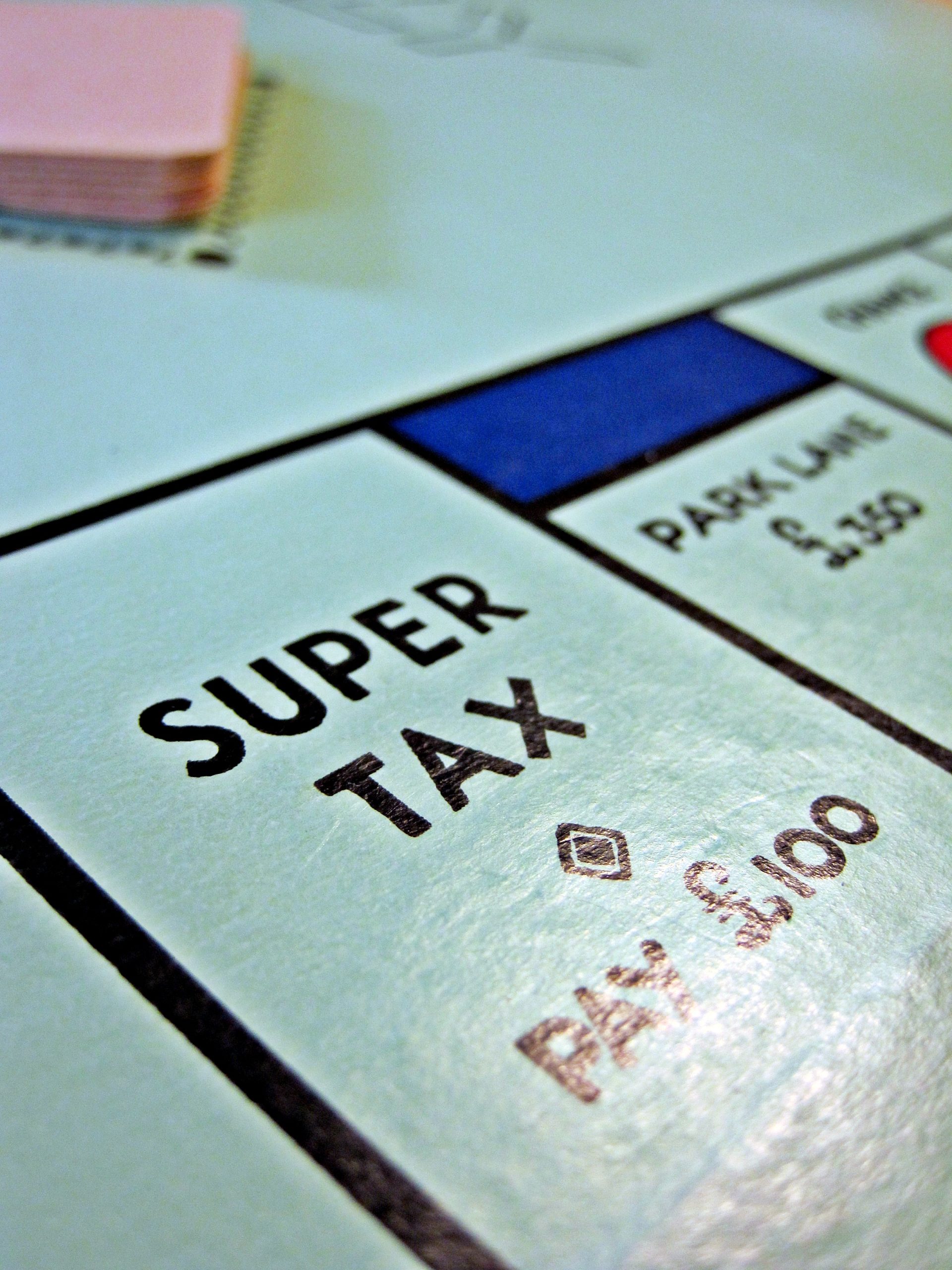Municipal governments hitting renewable energy projects with taxes seems to be becoming a trend in Japan. Next, the main question is whether this phenomenon will accelerate or just limp along meekly. Will more cities and regions decide to wield taxation as a weapon to control the development of renewables projects that can sometimes cause environmental problems and anger local residents?
What happens in the next six to twelve months could prove to be a pivotal watershed in Japan’s plans to build renewable energy infrastructure in order to reach its clean energy goals by 2030, and eventually 2050.
Following recent action by Mimasaka City and Miyagi Prefecture, two weeks ago the Aomori Prefecture said it will soon unveil its own tax plan for renewable energy projects. Amori’s decision came at a moment when the renewable energy sector was deliberating on the Minister of Internal Affairs and Communications’ response to the Miyagi plan.
The first two municipalities took aim at narrow tax targets: Mimasaka on solar farm operators, and Miyagi on projects that caused deforestation. Aomori says it will target all renewable operators across the board. Recently, the Aomori governor gave a news conference to better explain his plan.

